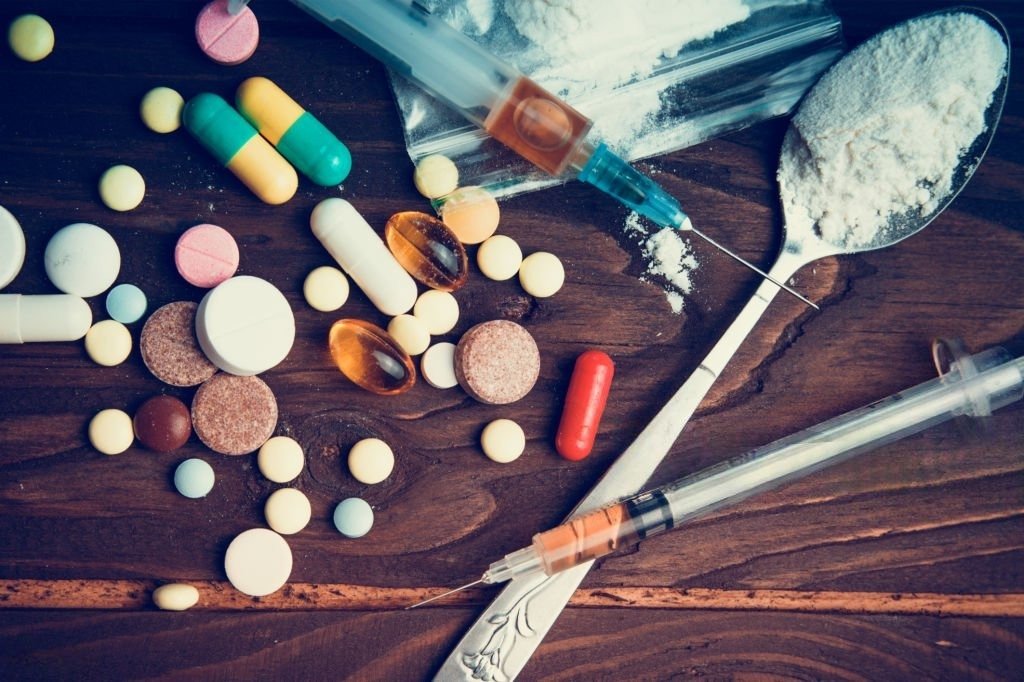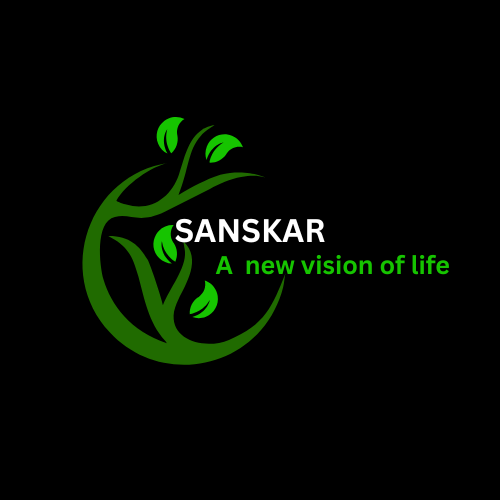How Addiction Affects the Brain and Behavior – Understanding the Science Behind Dependence

Introduction
Addiction is not merely a lack of willpower or bad habits—it is a chronic brain disease that changes how the brain functions. It affects how a person thinks, feels, and behaves, often leading to compulsive use of drugs or alcohol despite negative consequences. At Sanskar Nasha Mukti Kendra, we believe that understanding the science behind addiction is the first step toward recovery. By knowing how addiction alters the brain and influences behavior, individuals and families can take better steps toward healing and sobriety.
What Is Addiction?
Addiction is a chronic relapsing disorder characterized by the compulsive seeking and use of substances, even when they cause harm. It affects the brain’s reward, motivation, and memory systems. Over time, the person loses control over their actions, and the substance becomes the main focus of their life.
Drugs, alcohol, and other addictive substances cause powerful changes in the brain by releasing dopamine, a chemical responsible for pleasure and reward. Initially, taking the substance makes a person feel good, but with repeated use, the brain starts depending on it to feel normal. This is how dependence and addiction begin.
The Science of Addiction: How the Brain Works
To understand addiction, it’s important to know how the brain’s reward system operates. The brain naturally releases dopamine when we do something enjoyable—like eating, exercising, or spending time with loved ones. Dopamine signals pleasure and motivates us to repeat that behavior.
However, drugs and alcohol flood the brain with dopamine, creating an intense feeling of euphoria. This unnatural surge teaches the brain that using the substance is the most rewarding activity possible. Over time, the brain’s natural ability to produce and respond to dopamine decreases, leading to:
-
- Tolerance: The person needs more of the substance to feel the same effect.
-
- Dependence: The brain adapts to the presence of the drug and struggles to function without it.
-
- Cravings: The urge to use becomes overwhelming.
These brain changes make addiction a powerful and long-lasting condition that requires professional help and structured treatment—such as that offered at Sanskar Nasha Mukti Kendra.
Areas of the Brain Affected by Addiction
Addiction alters several key regions of the brain, each responsible for vital functions:
1. The Reward System (Nucleus Accumbens)
This part of the brain controls feelings of pleasure. Drugs overstimulate it, making the substance feel more important than natural rewards like food or relationships.
2. The Prefrontal Cortex
Responsible for decision-making, judgment, and impulse control. Addiction weakens this area, making it harder for individuals to resist cravings or think about long-term consequences.
3. The Amygdala
This region handles emotions, particularly fear and stress. Addiction increases anxiety and emotional instability when the drug is not used.
4. The Hippocampus
Essential for memory and learning, this area helps the brain remember the pleasure of substance use, reinforcing addictive behavior.
By targeting these areas, addiction literally rewires the brain, making it extremely difficult to quit without professional support.
Behavioral Changes Caused by Addiction
Addiction affects not only the brain but also a person’s behavior and lifestyle. Some of the most common behavioral signs include:
-
- Loss of control over substance use.
-
- Neglecting responsibilities at work, school, or home.
-
- Changes in social circles, often preferring people who also use drugs or alcohol.
-
- Lying or hiding substance use from family and friends.
-
- Risk-taking behavior, such as driving under the influence or engaging in unsafe activities.
-
- Mood swings, irritability, or depression when not using the substance.
-
- Withdrawal from loved ones and lack of interest in hobbies.
At Sanskar Nasha Mukti Kendra, counselors and therapists help individuals identify these behavioral patterns and work to reverse them through structured therapy, support groups, and lifestyle changes.
How Addiction Creates a Cycle of Dependence
The brain learns through repetition. When a person uses drugs or alcohol repeatedly, the brain associates those substances with pleasure and relief. This creates a cycle of craving and reward:
-
- Trigger – A person experiences stress or emotional pain.
-
- Craving – The brain remembers that drugs or alcohol brought relief before.
-
- Use – The individual consumes the substance to escape discomfort.
-
- Temporary Relief – The person feels better for a short time.
-
- Guilt and Withdrawal – The cycle restarts as the substance leaves the system.
Breaking this cycle requires medical detox, counseling, and long-term recovery planning—core components of treatment at Sanskar Nasha Mukti Kendra.
Emotional and Psychological Effects of Addiction
Addiction doesn’t only harm the body; it deeply affects mental health too. Many people experience:
-
- Anxiety and depression
-
- Low self-esteem
-
- Paranoia or irritability
-
- Sleep disturbances
-
- Loss of motivation and purpose
These emotional challenges often push individuals to use more substances, worsening the condition. That’s why at Sanskar Nasha Mukti Kendra, addiction treatment also includes psychological therapy, mindfulness practices, and emotional healing programs.
Recovery: Healing the Brain and Behavior
While addiction can cause long-term changes in the brain, recovery is absolutely possible. The brain has a remarkable ability to heal and rewire itself through consistent treatment, abstinence, and therapy. Here’s how recovery helps restore brain function:
1. Detoxification (Cleansing the Body)
The first step in recovery is detox, where the body eliminates harmful substances. This helps stabilize physical and chemical imbalances in the brain.
2. Counseling and Therapy
Cognitive Behavioral Therapy (CBT), group therapy, and one-on-one counseling teach individuals how to identify triggers, manage cravings, and rebuild positive thinking.
3. Medication and Medical Support
For severe cases, medications may help reduce withdrawal symptoms and prevent relapse under the supervision of medical professionals.
4. Rebuilding Habits
Addiction disrupts routines and discipline. Rehabilitation programs focus on rebuilding healthy habits, such as exercise, balanced diet, and meditation.
5. Family and Social Support
Family involvement plays a vital role in recovery. At Sanskar Nasha Mukti Kendra, we involve families in counseling sessions to rebuild trust and relationships.
Long-Term Effects of Addiction on the Brain
Even after quitting, addiction can leave lasting effects, such as:
-
- Impaired decision-making
-
- Difficulty experiencing pleasure naturally
-
- Increased stress response
-
- Higher risk of relapse
That’s why continued support, therapy, and regular follow-ups are crucial. Recovery is not a one-time event—it’s a lifelong journey of growth and self-awareness.
Preventing Addiction: Awareness and Early Intervention
Prevention is always better than cure. Early education about substance abuse, open family communication, and emotional support can reduce the risk of addiction. Parents, teachers, and community members should recognize early warning signs such as:
-
- Sudden behavioral changes
-
- Poor academic or work performance
-
- Isolation from family or friends
-
- Secretive or risky behavior
At Sanskar Nasha Mukti Kendra, we also conduct awareness programs, workshops, and counseling sessions to help communities understand and prevent substance abuse before it starts.
How Sanskar Nasha Mukti Kendra Helps
At Sanskar Nasha Mukti Kendra, we combine medical science with compassionate care to help individuals overcome addiction. Our programs include:
-
- Medical detoxification under expert supervision
-
- Individual and group counseling
-
- Behavioral therapy and Cognitive Behavioral Therapy (CBT)
-
- Yoga, meditation, and spiritual healing
-
- Aftercare programs to prevent relapse
Our holistic approach focuses on healing not just the body, but also the mind and spirit, helping individuals rediscover confidence and purpose in life.
Conclusion
Addiction deeply affects both the brain and behavior, but recovery is always possible with the right support. Understanding how addiction changes the brain helps us approach treatment with compassion rather than judgment. Through professional rehabilitation, therapy, and emotional healing, individuals can regain control over their lives and reconnect with their true selves.
At Sanskar Nasha Mukti Kendra, we are dedicated to guiding people through this journey of transformation—helping them break free from addiction, heal their minds, and start a new chapter of peace and positivity.

